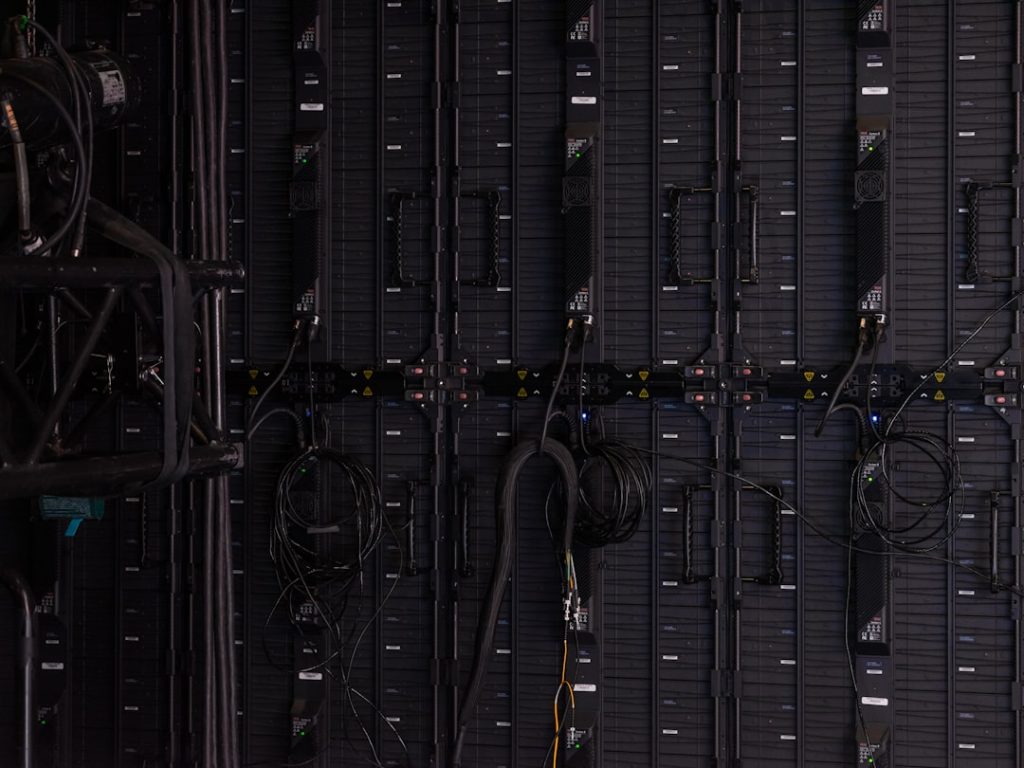When it comes to ensuring reliable and consistent website performance, one of the most critical yet often overlooked factors is data center hosting. Where and how your website is hosted can significantly influence user experience, website speed, and overall operational efficiency. For businesses that rely on uptime and quick load times, understanding the role of data center hosting is essential.
The Role of Data Centers in Web Hosting
At its core, a data center is a physical facility that organizations use to house their critical applications and data. In the context of website hosting, data centers store the web servers that serve your website to online users. The infrastructure inside the data center—from the hardware to the network connections—affects how quickly data can be transmitted to users’ browsers.
Every millisecond of delay in transferring data can result in longer page load times and a degraded user experience. Google research shows that a delay of even half a second can reduce traffic and conversion rates. Therefore, the quality and configuration of a data center can have an immediate and noticeable effect on your website’s performance.
Key Factors That Affect Website Performance
Data center hosting affects website performance through several fundamental components. Let’s explore the most impactful ones:
- Latency and Location: The physical proximity of the data center to the user affects how long it takes for data to travel. The closer the server is to your user, the faster the website loads.
- Bandwidth and Network Capacity: High-quality data centers have access to high-bandwidth connections, enabling faster data transmission and reducing bottlenecks.
- Server Infrastructure: Modern hardware with optimized storage systems and high-performance CPUs can significantly enhance website response times.
- Redundancy and Uptime: Top-tier data centers are equipped with power backups, load balancing, and failover systems. This ensures continuous availability, even during technical disruptions.
- Security Protocols: Advanced security features, such as firewalls and DDoS protection, prevent performance degradation caused by malicious attacks.
Content Delivery and Edge Servers
One crucial enhancement often attributed to well-distributed data center hosting is the use of Content Delivery Networks (CDNs). CDNs rely on a system of edge servers that cache content closer to the end-user, reducing the distance data must travel and thus significantly improving load times.
By hosting your website through providers integrated with leading CDN technologies, many data centers can ensure that your site performs optimally regardless of the user’s geographic location.
Scalability and Traffic Management
A high-traffic surge can slow down poorly equipped data center environments. High-quality data centers can detect traffic patterns and dynamically allocate resources, such as additional virtual machines or processing power, to meet increasing demand. This scalability ensures that your website performance remains consistent during promotions, viral campaigns, or holiday seasons without downtime.
Notably, cloud-based data centers offer significant flexibility in this regard. Because they operate on virtual infrastructure, it’s easier to scale resources up or down in real time based on current usage trends.
The Relationship Between Hosting Tier and Performance
Different tiers of data center hosting—shared, virtual private server (VPS), dedicated, and cloud—come with varying levels of performance capabilities. Here’s how each impacts website performance:
- Shared Hosting: Resources are divided among many customers. Performance suffers under high-traffic conditions.
- VPS Hosting: Offers better performance than shared hosting as resources are more independently allocated.
- Dedicated Hosting: A physical server entirely for one client. Ideal for performance-intensive websites.
- Cloud Hosting: Highly scalable and reliable. Handles traffic variation smoothly and ensures maximum uptime.
Conclusion
Website performance is not determined solely by design or platform—it is deeply influenced by the underlying data center infrastructure. From latency and network strength to scalability and server technology, every component contributes to the speed, reliability, and responsiveness of your website.
Choosing the right data center hosting solution is an investment in the performance and credibility of your online presence. Businesses looking to deliver fast, secure, and uninterrupted digital experiences must prioritize high-quality data center services in their web hosting strategy.
